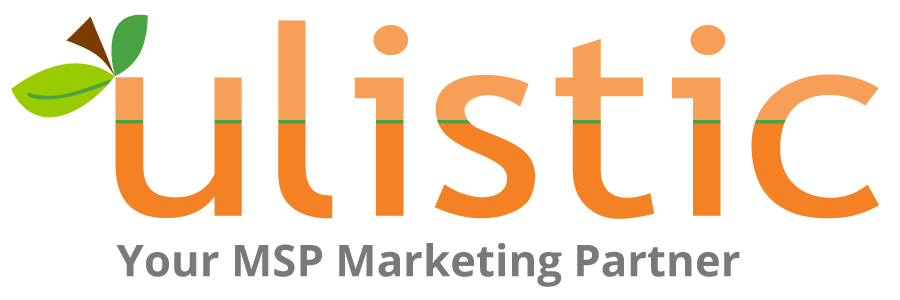What Is Google's Secret Tip For Managed IT Service Providers
Discover why relevance is so important to your MSP's Google search results, and why the format, focus and language of your content drives more search success.

Google search is one of the most essential tools for marketing your MSP business today. It's the most prevalent way that web users look for everything -- from products and services to maps to reviews.
For your online marketing, search engine optimization (SEO) is a core component of your strategy. Yet figuring out how Google determines search rankings can be a mystifying game of best guesses, sleuthing and gleaning clues from what the company puts out there. Fortunately, with thousands of marketing experts, users and analysts looking at search results and reverse engineering outputs, we have a clearer idea today of what Google is actually looking for.
Relevance.
That's the key today for businesses that want to improve their rankings.
How Does Relevance Apply to Google Search?
Google's job is to help people find what they're looking for. That means providing content that searchers are going to find valuable. Clicking on that content drives people to your site, where you can establish yourself as a highly valued resource for people looking for answers.
To achieve that desired outcome, you need relevant content.
"You have to be relevant to a given topic. If you have a page about Tupperware, it doesn’t matter how many links you get – you’ll never rank for queries related to used cars," notes a recent article in Search Engine Journal. "This defines a limitation on the power of links as a ranking factor, and it shows how relevance also impacts the value of a link."
Relevance is one of three main factors that Google considers, the others being authority and trust. That means not creating content you think people need, but rather content people are actually searching for.
What Are Some Strategies for Making Sure Our Content is Relevant in Google Search?
This video contains several tips for improving relevancy in Google Search.
Tip #1: Use the Right Format for Content
Not all blog posts should be created equally, using the same format over and over. Instead, be sure to think about the best way to present the content to interested searchers.
Here are some blog types to consider:
- Product comparisons that show advantages, disadvantages, similarities and differences
- Tutorials or how-to guides about relevant products or services
- Checklists for things to keep in mind when embarking on a project, trip or important change
- Listicles, which are the "X things to know" posts
- Important industry news
- Infographics, which sometimes can tell a story better than lots of words
- Current events, featuring your own insights or perspective
- Videos, which are becoming an increasingly popular way to tell stories
- Profiles of customers, leaders or employees
- Case studies that show an actual challenge that your product or service solved
- Interviews that allow you, your employees, customers or thought leaders to answer compelling questions
- Expert advice
The key with content is to use the right method that makes it easy and valuable for readers to absorb your content.
Tip #2: Focus on Search Intent
Your content needs to remain connected to the intent the searcher has when searching. Too many blog posts are either mistitled or do not hit the mark when it comes to answering the questions that searchers had. This is where quality comes into play. You need content that is well researched, includes relevant statistics (with links to sources), contains thought leadership and is readable.
Links are also important here, both to the reader and to Google. You need to include links that are from valuable sources -- well-established newspapers, magazines and news sites; academic research; professional associations; and independent authorities. Without these types of links, you lose credibility. With them, you associate your content with that from other valued sources.
Tip #3: Speak the Readers' Language
Content marketing blogs should rarely be full of industry lingo and jargon, undefined acronyms or language that's difficult to read.
Many marketing companies build ideal customer personas that give detailed information about the likely readers. Your blog postings and other content need to appeal to those most likely to read the information. Writing as though you're speaking to another insider in your business is rarely going to be the right approach as you'll likely be talking over the heads of your readers.
At Ulistic, we help managed service providers optimize their content, improve their websites and rank higher in search results. Grade your MSP website now at https://www.ulistic.com.



